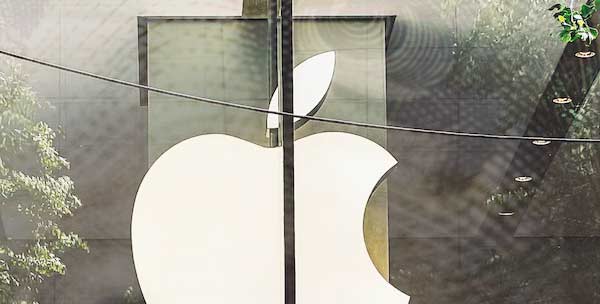
A company is said to have a de facto monopoly if there are no laws prohibiting it from functioning as the sole supplier of an item or service (or near-monopoly). When one business or group controls all or almost all of the market for a certain commodity or service, it is known as a de facto monopoly. When there are too many businesses in a particular sector to allow for healthy competition between them, a de facto monopoly develops, giving one company control over the sector as a whole. In this situation, the customer would completely lose service if they switched providers. Examples: Airlines have been charged with operating as 'de facto' monopolies because they can charge prices that are higher than what consumers would consider reasonable due to their control over routes and travel schedules (consider Ubers) and their access to air traffic control systems, which enables them to operate aircraft more effectively than others could.
The de facto monopoly in a market is a fundamental concept in economics that has been used to explain why one company dominates several markets. When one company can dominate an entire economic sector without the intervention of the government or the enforcement of the law, this is known as a de facto monopoly. The monopoly was present in both principle and practice, as shown by the phrase 'de facto'. De facto monopolies may develop when a company has superior assets, knowledge, or technological skills versus rivals. When a government grants a legal monopoly, it establishes a de jure monopoly. Economic analysis is necessary to ascertain whether prices have increased above normal levels or quality has decreased below acceptable levels as a result of the monopolistic position held by one firm in the marketplace to establish whether or not actual harm has been caused by an alleged de facto monopoly. The most common approach to solving this issue is to consider supply and demand curves. If there are several suppliers in the area, it will be difficult for any one seller (or group of vendors) to have a major impact on market pricing. On the other hand, if there is only one vendor, they have more control over pricing because they can adjust their price to reflect what customers are willing to pay for their goods.
Government rules that let them compete with smaller businesses enable de jure monopolies. The Sherman Antitrust Act was developed in the United States in 1890 to safeguard consumers from being taken advantage of by huge firms and to stop them from abusing their market position through price gouging or other unfair business practices. But technology has advanced significantly since this restriction was put in place many years ago, giving businesses more freedom in terms of the items they may provide clients on an individual basis. Because it may offer services like search engine optimization (SEO) for far less money than more reliable organic search engines like Bing or Yahoo! Google has grown to be a powerful online presence. For instance, rather than relying on third parties to sell their products through Amazon and then give themselves a portion of the earnings, Amazon may now sell books directly on its site. something that probably heard of before.
In contrast to de jure monopolies, de facto monopolies are not granted any special legal rights by any government entity. Instead, their market dominance is controlled by economic factors and the presence of strong barriers to entry in a particular industry. In contrast to the latter, they lack a formal monopoly. Because it is relatively easy for a manufacturer of computer hardware to start a firm and compete with established companies, Apple is not a de facto monopoly in terms of creating computer hardware.

Even though there are other firms in the market making computers, Apple maintains a de facto monopoly due to its size and market dominance. The low entry hurdles that make it difficult for new businesses to enter the market will limit the options available to customers who want their laptops to be built by a company other than Apple. The court also found that Apple had created a de facto monopoly because of its size and market share. Customers may find it difficult to choose non-Apple products due to the company's dominance of the operating system and computer hardware markets. The court also determined that Apple's monopoly on the computer operating system market is impeding innovation and competition. For instance, by asserting control over its App Store, Apple has been able to make it more difficult for developers to produce apps that compete with either its own or its partners' products.
A monopoly that the government has authorized is legal. Businesses are in this situation able to set prices higher than what customers would consider fair since they have control over routes and travel dates (think Uber) and access to air traffic control systems, which enables them to operate planes more efficiently than others may (think Airbnb). The corporation holds a 90% market share in the markets for operating systems, office productivity software, and web browsers. Microsoft effectively has a monopoly on the search engine market due to Google's dominance of more than 80% of the market and Yahoo!'s 20% share.
De facto monopolies are in place despite not having official government approval. Because they have control over routes and travel dates (think Uber) and access to air traffic control systems, which enables them to fly planes more skillfully than other businesses could, they can set costs higher than what customers would deem reasonable (think Airbnb). Microsoft essentially controls the operating system market. Operating systems, office productivity software, and web browsers, which it controls, hold a market share of 90%. Google controls over 80% of the market for search engines, while Yahoo! holds about 20% of the market, giving Microsoft a de facto monopoly on the sector.
Although the term 'de facto monopoly' can be used in any circumstance where there are no barriers to entry into the market, it has most frequently been used in circumstances where entry barriers have been maintained despite legal restrictions, allowing it to be distinguished from a legal monopoly.